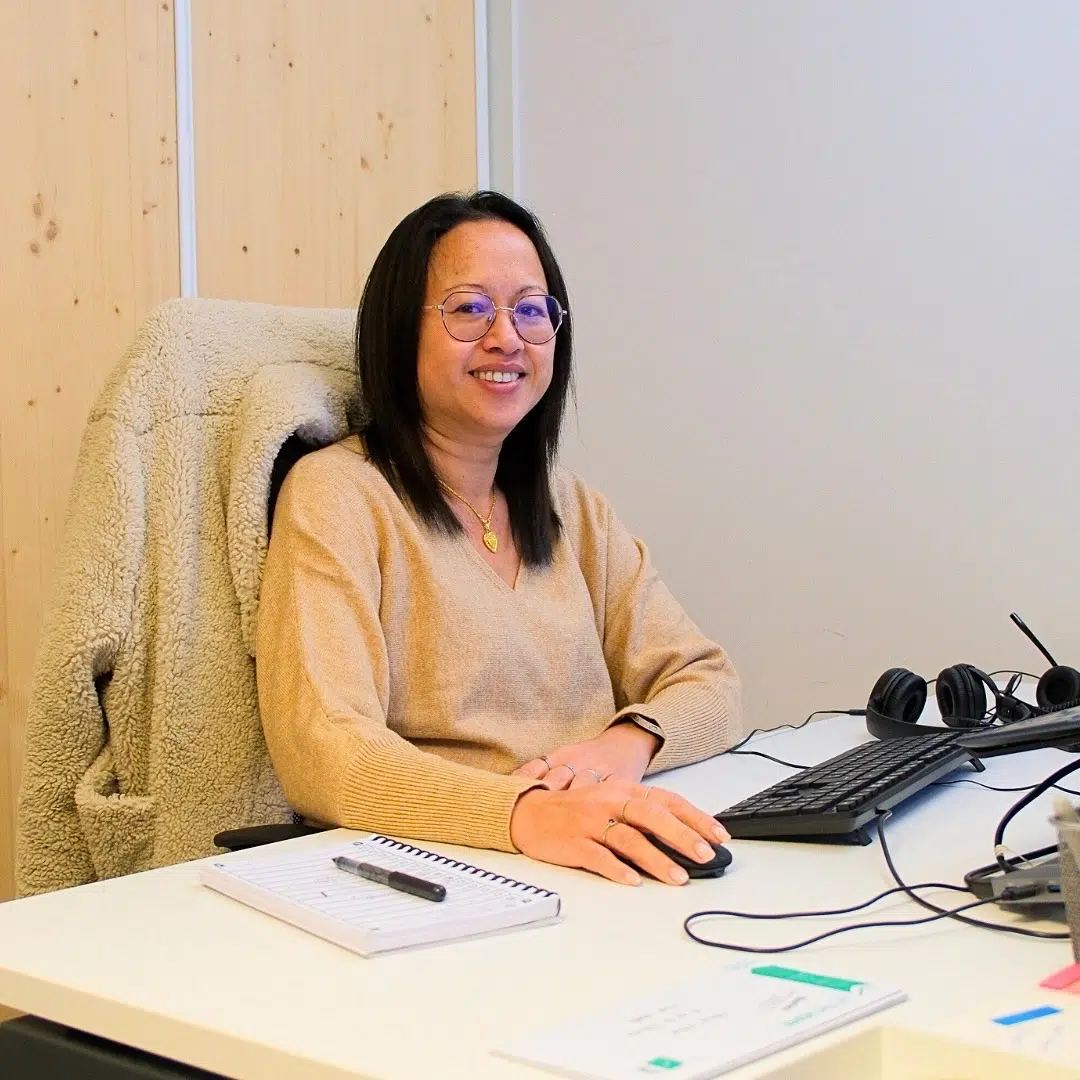In an ideal world, resource management would be a matter of well-filled spreadsheets, fixed schedules, and always available and motivated collaborators. But you know better than anyone: in the real life of an agency, priorities change, schedules derail, and key profiles are often over-solicited.
The result? Your project managers spend more time putting out fires than effectively managing projects. And there, technical skills are no longer enough.
So, how can we help them better manage this changing reality? By strengthening soft skills, those human and behavioral competencies that make all the difference on the ground. Here are the top 5 to prioritize.

1. Assertive Communication
Or how to say no without saying “get lost”
Managing resources is not just about allocating hours. It’s about dialoguing with teams, defending a project’s needs, setting limits… without offending.
A project manager comfortable with assertive communication knows how to say things frankly, at the right time, and with the right posture. Neither passive nor aggressive: clear.
The figure to remember: according to a TalentSmart study, 90% of top performers master emotional intelligence, of which assertive communication is a pillar.
To develop: interpersonal communication training or feedback workshops to defuse tensions before they explode.

2. (Truly) Proactive Anticipation
Because a surprise absence or a scope that stretches never happens “by surprise”
Too many project managers go into reaction mode. They manage what they see… without taking the time to look at what’s coming.
However, anticipating is not about guessing the future. It’s about asking the right questions now to avoid bad surprises later. Who will be available in two weeks? Is this deliverable realistic with the current team?
In short: thinking in scenarios.
To develop: visual tools for forecasting workload, and especially a “quarterback” culture: seeing the game before it’s played.

3. The Ability to Prioritize (Without Panicking)
Because everything is urgent… but nothing is a priority if everything is
A good resource manager knows how to arbitrate. But an excellent project manager knows how to make clear choices and make them understood by their teams as well as their clients.
One must know how to distinguish the critical from the important, and the urgent from the useless. Easy to say, but in the rush, how many hold the line?
The field advice: train your teams in simple methods like Eisenhower or MoSCoW — no need to inflict an MBA in strategy on them.
4. Active Listening
Because a team member who isn’t listened to eventually ‘becomes unavailable’
Managing resources also means managing people. And people talk.
A project manager who truly listens picks up on subtle signals: increasing workload, latent demotivation, or conversely, energy ready to be mobilized.
Active listening isn’t just nodding while looking at your screen. It’s rephrasing, digging deeper, understanding… then acting.
Why is it vital? Because good staffing starts with a good understanding of people, not just their skills.
5. Stress Management
Yes, your project managers are often on the front lines. No, they didn’t sign up to implode.
Between impatient clients, teams under pressure, and tight budgets, the pressure is constant. And a stressed project manager? They make poor decisions, communicate badly, and end up exhausting their teams.
It’s time to consider stress management as a professional skill, not a personal matter.
To explore: training in stepping back, individual coaching, or simple team rituals that allow for releasing pressure (and no, we’re not just talking about Thursday happy hour).

In a nutshell
Strong project managers mean better-managed projects (and better-utilized resources)
You invest in tools, you optimize schedules, you monitor KPIs. But if your project managers don’t have the right human instincts, the whole structure remains shaky.
These soft skills are not bonuses — they are foundations. It’s up to you to cultivate them to transform your project managers into true resource strategists.
And if you’re wondering how to help them better visualize, anticipate, and make decisions… there are tools for that too.
Furious GenericProductName is one of them: a management cockpit designed for agencies that aligns staffing, workload, and profitability. A demo will allow you to judge for yourself — and to breathe a little easier, too.

